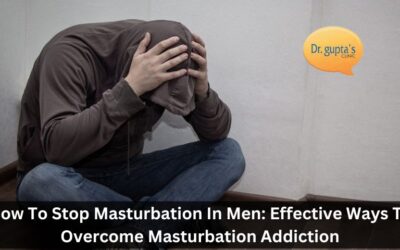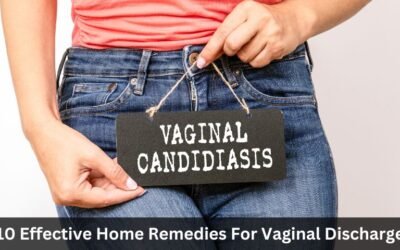Puberty is a crucial phase in a person’s life when they undergo significant physical and emotional changes. It usually sets in from the age of 13 onwards, and this is the ideal time to begin sex education. Sex education plays a vital role in helping young individuals understand and cope with the changes that occur during puberty. It also helps prevent sexual exploration and exploitation by peers, identifies and protects against sexual predators, and provides essential information about sexual development so we can be kept away from sexual disease.
Sex Education At Adolescence (13 years Onwards)
During adolescence, secondary sexual characteristics, such as menstruation and breast development in girls and penis enlargement and ejaculation in boys, start to develop. This phase also brings about changes in behaviour patterns. Sex education during this stage should include information about hygiene, nutrition advice (such as increasing protein intake and reducing consumption of carbohydrates and sugar), and the importance of engaging in extracurricular activities.
It is crucial to note that if a girl does not start menstruating or if boys do not experience ejaculation by the age of 16, it should be considered a serious issue that requires medical attention.
The aims and objectives of sex education during adolescence include answering questions about sexuality and sexual development, helping young minds understand and cope with the changes they are experiencing, and preventing early sexual encounters that could lead to unintended pregnancies and sexually transmitted diseases. Sex education also benefits parents, teachers, and guardians who may not be comfortable discussing these topics openly with their children, as well as providing a safe space for children to ask questions without fear of judgment.
Sex Education At 20 Years Of Age
As young individuals enter early adulthood, it is important to provide them with comprehensive sex education that includes information about sexual orientation and different types of sexuality, such as heterosexuality, homosexuality, sapiosexuality, asexuality, pansexuality, hypersexuality, and hyposexuality. This education should also cover sexual experiences, crushes, affairs, relationships, contraception, and abortion.
Sex Education Between 25 And 30 Years of Age Or Before Marriage
Before getting married, it is crucial for individuals to disclose any existing diseases or health conditions to their partners, such as psychiatric conditions, diabetes, blood pressure issues, congenital diseases like thalassemia, depression, anaemia, and others. Education should also focus on building healthy relationships, conflict management skills, setting common goals and aspirations, addressing financial issues, and improving communication skills.
Pre-marriage counselling should be emphasized to discuss expectations from marriage and relationships, learn conflict resolution skills, and address potential communication blocks. Essential knowledge about sexual experiences, conception, childbirth, body image, dealing with sexual abstinence, and self-arousal techniques should also be provided to couples.
Sex Education For Seniors (Above 50 Years)
Sexual health and wellness continue to be important even in older age. Education should focus on sexual expectations, protection, and common sexual carcinomas that may affect older individuals.
Frequently Asked Questions
Many young girls have concerns about whitish discharges from the vagina at the age of 14, uneven breast development at 15, irregular menstrual cycles at 16, and inverted nipples at 17. Boys are often concerned about penis size, nightfall, and gynecomastia. The effects of alcohol on sexuality should also be addressed.
Conclusion
In conclusion, sex education is crucial at different stages of life to provide individuals with accurate information, dispel myths and misconceptions, and help them understand and cope with the physical and emotional changes they experience. It is essential to address sexual health, relationships, contraception, and communication skills to promote healthy sexual relationships and prevent sexual exploitation, unintended pregnancies, and sexually transmitted diseases.
For more information, please visit the website.
Website: https://www.drguptas.com/
You can also contact us through mail on: drguptasclinic@gmail.com
Or can also call us on: +91 9831834215
Related Blogs
How To Stop Masturbation In Men: Effective Ways To Overcome Masturbation Addiction
Are you in the habit of masturbating a lot? If yes, then you are on the right page! Masturbation is a natural and healthy aspect of human sexuality, contributing to sexual pleasure and overall sexual well-being. However, when it becomes an uncontrollable masturbation...
10 Effective Home Remedies For Vaginal Discharge
Many women have white discharge, also known as leucorrhoea, which is an issue that usually affects young girls of school age. This discharge problem occurs at a certain time period of the menstrual cycle. Girls and women shouldn't worry because the amount of white...
PCOD Diet: Foods To Eat And Avoid
Many immature or partly developed eggs are released by the ovaries as a result of polycystic ovarian disease (PCOD), which leads to cyst formation. Reduced symptom severity is a primary goal of PCOD diet and therapy. Indications of PCOD include painful or irregular...




